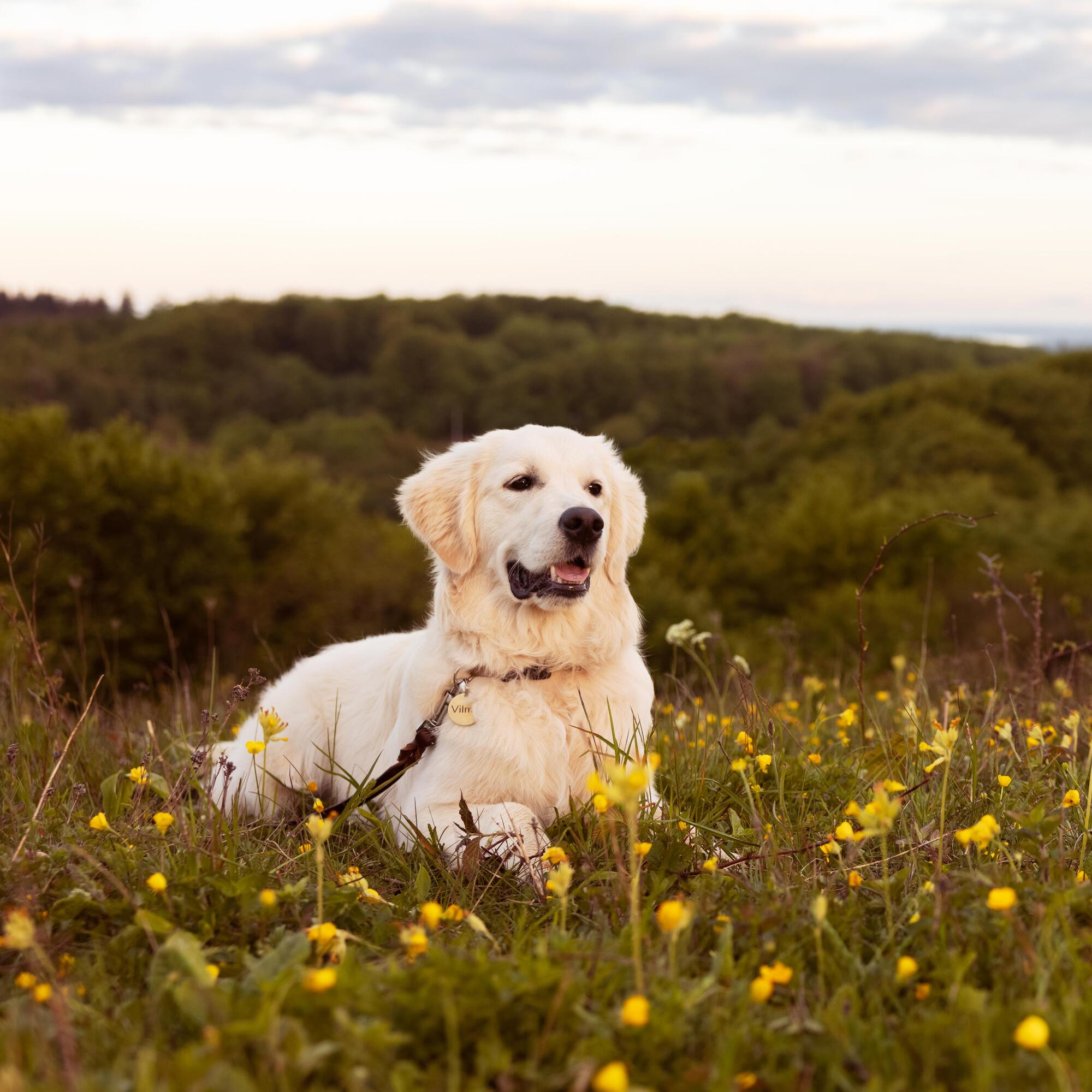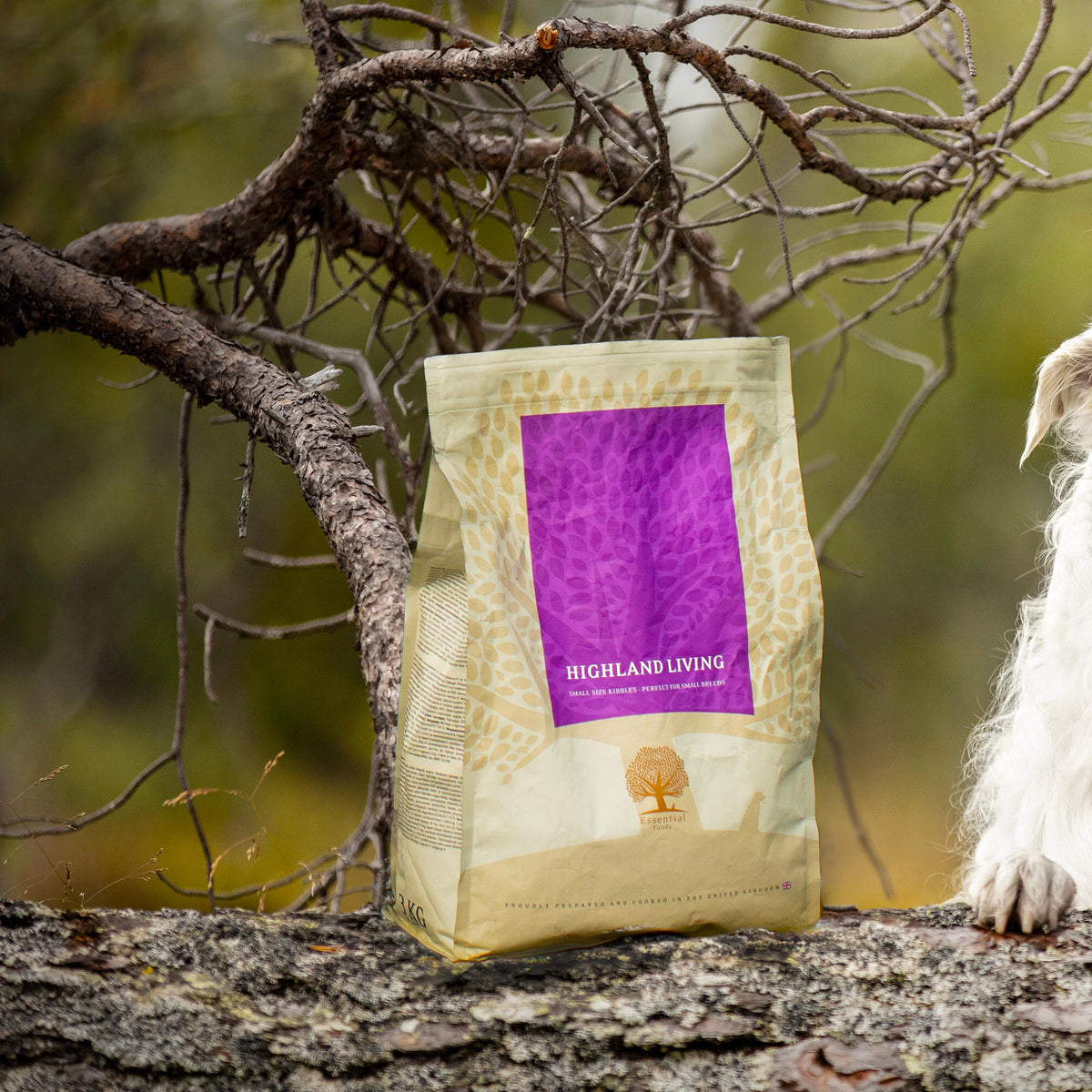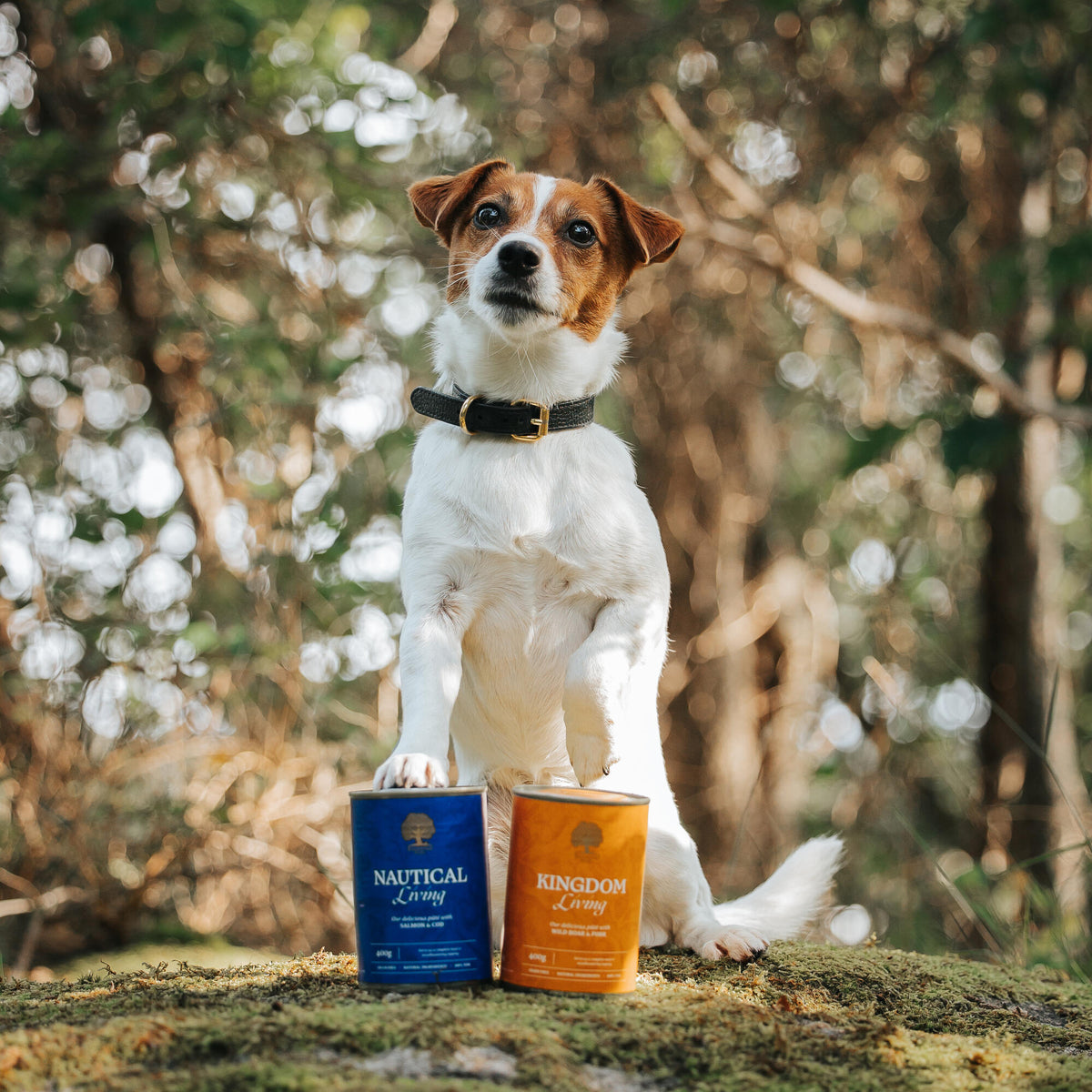Your Cart is Empty

Golden Retrievers are beloved for their friendly demeanor, intelligence, and loyalty. But amidst their many endearing qualities, potential dog owners often wonder: do Golden Retrievers bark a lot? Let's delve into this question while exploring the importance of grain-free dog food, natural dog food, and puppy food.
Golden Retrievers are known for their sociable nature and gentle temperament. While they're not typically considered excessive barkers compared to some other breeds, their potential to bark can vary based on various factors.
Golden Retrievers were originally bred as hunting companions, prized for their ability to retrieve game from both land and water. As a result, they possess a moderate level of alertness and may bark to alert their owners of perceived threats or someone unfamiliar.
The frequency of barking in Golden Retrievers can be influenced by environmental factors such as socialization, training, daily routine, and level of stimulation. Dogs that receive enough mental and physical exercise are less likely to engage in excessive barking behavior.
Grain-free dog food options prioritize ingredients that are free from common allergens such as wheat, corn, and soy. By opting for grain-free formulations, dog owners can support their Golden Retriever's digestive health and potentially alleviate any discomfort that may contribute to excessive barking.
Natural dog food emphasizes wholesome ingredients sourced from nature, devoid of artificial additives and preservatives. With a focus on real meat, fruits, and vegetables, natural dog food provides essential nutrients for Golden Retrievers, promoting overall well-being and potentially reducing stress-related barking behaviors.
During their puppyhood, Golden Retrievers undergo rapid growth and development, necessitating a diet specifically formulated to meet their unique nutritional requirements. Puppy food formulations rich in protein, healthy fats, and vitamins support proper growth, helping to lay the foundation for a well-adjusted adult dog less prone to excessive barking.
Essential Dog Food boasts a high protein level derived from quality sources such as chicken, salmon, and duck. Protein is essential for muscle development, energy production, and overall vitality, contributing to a balanced diet that can help regulate Golden Retrievers' energy levels and potentially reduce unnecessary barking.
The B.O.F principle employed by Essential Dog Food focuses on creating meals that mirror a dog's natural diet and eating habits. By prioritizing ingredients that promote stable blood sugar levels and satiety, Essential Dog Food helps address behavioral concerns such as excessive barking associated with fluctuations in energy and mood.
With an emphasis on high-meat content, Essential Dog Food provides dogs with the essential nutrients they need for optimal health and vitality. Real meat sources offer superior digestibility and palatability, satisfying Golden Retrievers' natural carnivorous instincts and removing the likelihood of indiscriminate barking due to hunger.
Essential Dog Food is crafted to appeal to dogs' discerning palates, ensuring they eagerly anticipate mealtime and enjoy every bite. With a focus on natural flavors and textures, Essential Dog Food encourages healthy eating habits and helps minimize mealtime disruptions caused by finicky behavior or food aversions.
Free from artificial additives, fillers, and unnecessary fillers, Essential Dog Food prioritizes purity and quality in every bite. By avoiding potentially harmful ingredients commonly found in lower-quality dog foods, Essential Dog Food offers peace of mind to pet owners concerned about their Golden Retrievers' health and well-being.
While Golden Retrievers may bark occasionally as part of their natural behavior, excessive barking can often be lessoned through proper nutrition and lifestyle management. Grain-free dog food, natural dog food, and puppy food play pivotal roles in supporting Golden Retrievers' overall health and well-being, potentially reducing stress-related barking behaviors.
Essential Dog Food stands out as the ideal choice for pet owners seeking the best nutrition for their Golden Retrievers. With its high protein level, B.O.F principle, high-meat content, excellent palatability, and commitment to purity, Essential Dog Food offers everything your dog needs to thrive and lead a fulfilling life.


